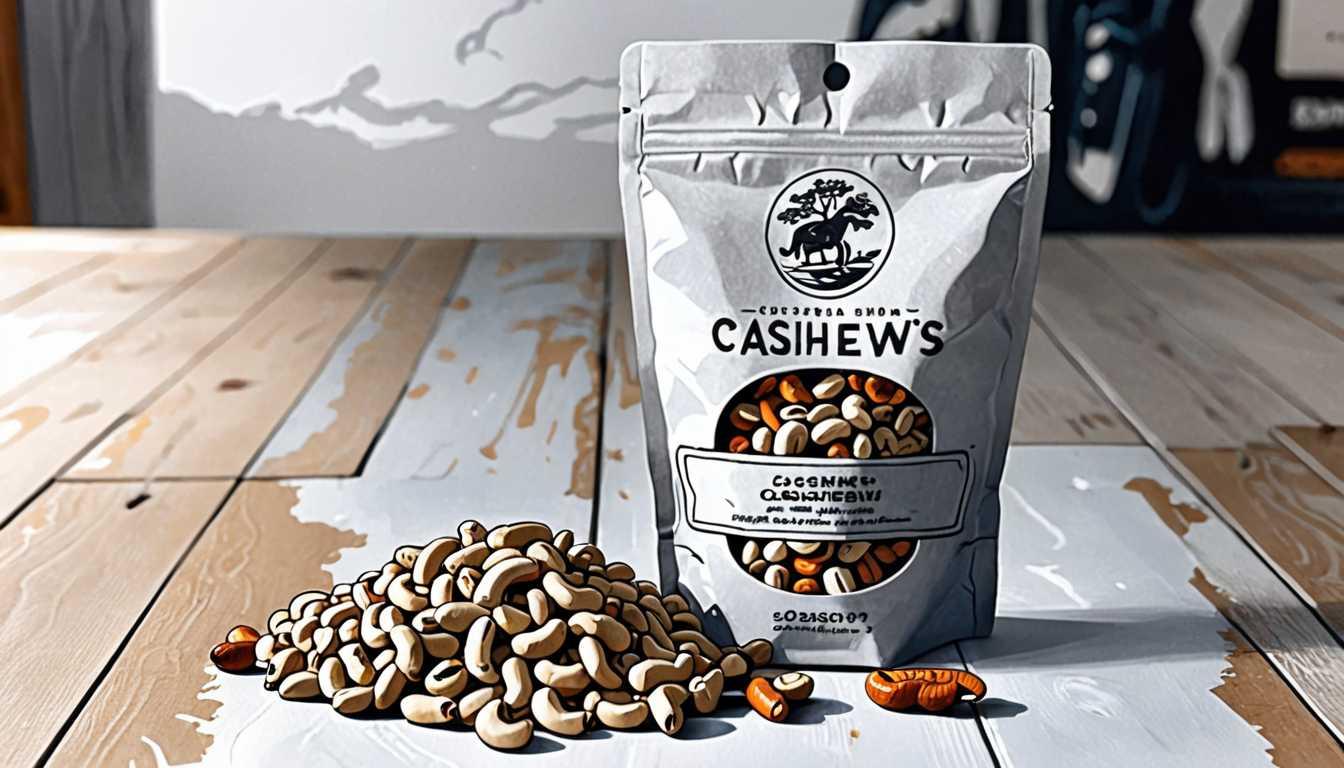Chocolate Economics: A Bittersweet Journey
February 2015
Smithsonian Magazine
Introduction
Dive into the bittersweet world of chocolate economics with this fascinating read from Smithsonian Magazine! From the jagged peaks of cocoa prices to the lush farms of West Africa, discover how a simple bean's journey to your favorite chocolate bar is intertwined with global markets, climate change, and even Ebola. Ever wondered why farm workers rarely taste their own crop, or how traders can profit from disaster? This article unwraps the complex supply chain and the financial maneuvers that keep chocolate on our shelves. Get ready to look at your next chocolate bar with newfound appreciation!
READ FULL ARTICLEWhy It Matters
Discover how this topic shapes your world and future
Unwrapping the Sweet Complexity of Chocolate Economics
Dive into the fascinating world of chocolate economics, where the journey from cocoa bean to your favorite chocolate bar is more intricate than you might think. This tale isn't just about satisfying sweet cravings; it's a global narrative that touches on issues of climate change, poverty, and the forces of supply and demand. Imagine a world where the chocolate bar you enjoy has traveled through various hands, from small farms in West Africa to traders in bustling financial markets. This journey highlights the importance of understanding global trade, the impact of environmental changes on agriculture, and the ethical considerations of production and consumption. For you, as a consumer, it's an opportunity to see how your choices can influence economies thousands of miles away and the lives of farmers.
Speak like a Scholar
Commodity
A basic good used in commerce that is interchangeable with other goods of the same type. Cocoa beans are an example of a commodity.
Futures contract
An agreement to buy or sell a particular commodity or financial instrument at a predetermined price at a specified time in the future.
Supply chain
The entire process of making and selling commercial goods, including every stage from the supply of materials and manufacture of the goods through to their distribution and sale.
Globalization
The process by which businesses or other organizations develop international influence or start operating on an international scale, affecting economies and societies.
Climate change
A change in global or regional climate patterns, attributed largely to the increased levels of atmospheric carbon dioxide produced by the use of fossil fuels.
Ethical consumption
The practice of purchasing products and services produced in a way that minimizes social and environmental damage, while avoiding those that do the opposite.
Independent Research Ideas
The impact of climate change on cocoa production
Investigate how global warming and changing weather patterns are affecting cocoa-growing regions, and what this means for the future of chocolate.
From bean to bar - The ethics of chocolate production
Explore the ethical considerations in chocolate production, including labor practices, farmer wages, and the luxury status of chocolate in consuming countries versus producing countries.
The role of commodity markets in global food prices
Examine how trading cocoa and other food commodities affects global prices, availability, and ultimately, food security.
Sustainable chocolate
Research into what makes chocolate production sustainable, from fair trade initiatives to the development of drought-resistant cocoa trees, and how these practices can be expanded.
The cultural significance of chocolate
Delve into how chocolate consumption varies around the world, including how it reflects economic status, cultural practices, and historical trade routes.
Related Articles

The Alpaca Investment Bubble
April 2024
JSTOR Daily

Ethical Coffee: Beyond the Bean
September 2015
Smithsonian Magazine

Instant Coffee: A Global Comeback
June 2014
Smithsonian Magazine

Snack for Change: The Cashew Revolution
October 2024
MIT News

Profit or Planet: The Sustainability Dilemma
October 2024
JSTOR Daily